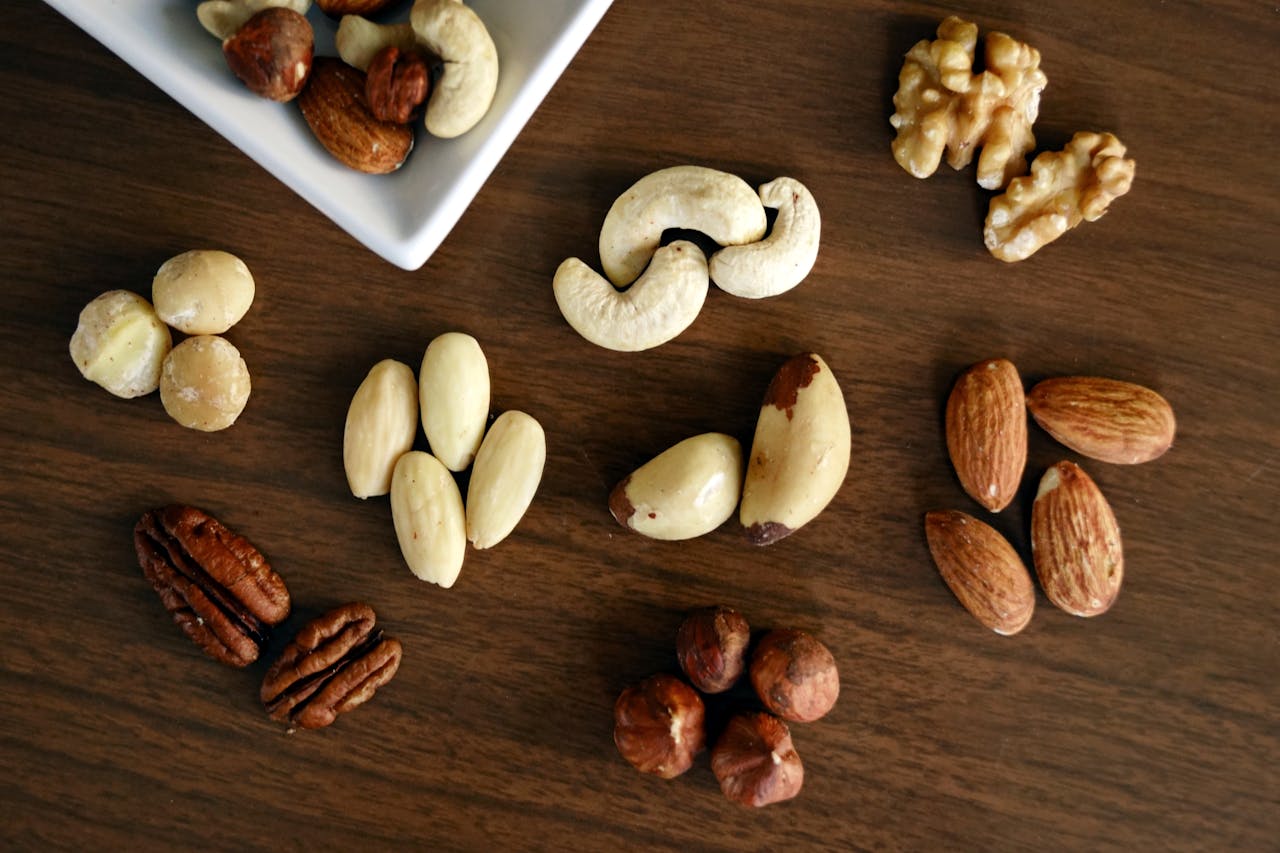Write Us: hello@ali5.org
9 Plant-Based Proteins That Outperform Meat
Discover 9 plant-based proteins that offer more nutrition than meat. Learn how these plant options can boost your health and support a sustainable lifestyle.

For years, meat has been the go-to source of protein. But lately, something’s changed. More and more people are turning to plant-based diets, not just for ethical or environmental reasons, but because plant proteins are stepping up in a big way. And here’s the surprising part: some plant-based proteins don’t just match meat, they actually outperform it.
Whether you’re cutting back on meat, going fully plant-based, or just trying to add more variety to your meals, here are 9 powerful protein sources that might just win you over.
1. Lentils – The Tiny Powerhouses
Lentils are humble, but don’t underestimate them.
- Protein: ~18g per cooked cup
- Bonus: Loaded with fiber, iron, and folate
Lentils are easier to digest than meat, they don’t come with saturated fat, and they support heart and gut health. Plus, they’re budget-friendly and super versatile.
2. Quinoa – The Complete Protein Grain
Quinoa is technically a seed, but we treat it like a grain. It’s one of the few plant foods that is a complete protein, meaning it contains all nine essential amino acids.
- Protein: ~8g per cooked cup
- Bonus: Gluten-free and rich in magnesium and fiber
It’s perfect in salads, bowls, or even breakfast porridge and gives you a steady energy boost without the heaviness of meat.
3. Chickpeas – Your Versatile Protein Buddy
From hummus to curries to roasted snacks, chickpeas (a.k.a. garbanzo beans) are a plant-based staple.
- Protein: ~15g per cooked cup
- Bonus: High in iron and helps regulate blood sugar
They’re hearty and satisfying, but easier on digestion than red meat, and have no cholesterol.
4. Tempeh – The Fermented MVP
Tempeh is made from fermented soybeans and has a firm, nutty texture. It’s richer in protein than tofu and easier to digest, thanks to fermentation.
- Protein: ~21g per 100g
- Bonus: Great for gut health and packed with probiotics
Slice it, grill it, marinate it, it’s the perfect “meaty” plant protein swap.
5. Tofu – The Blank Canvas
Tofu gets a bad rap for being bland, but it’s all about how you cook it. It absorbs flavor like a sponge and can go sweet, savory, or spicy.
- Protein: ~10g per ½ cup
- Bonus: It contains calcium and iron, and is heart-healthy
It’s a great lean protein option and can replace chicken in just about any recipe.
6. Black Beans – Protein with a Kick
Black beans aren’t just a taco filling. They’re protein-rich, satisfying, and full of antioxidants.
- Protein: ~15g per cooked cup
- Bonus: High in fiber and supports blood sugar balance
They help keep you full longer, and don’t come with the inflammation or cholesterol linked to red meat.
7. Hemp Seeds – Tiny Seeds, Big Protein
These soft, nutty seeds are a nutritional goldmine.
- Protein: ~10g per 3 tablespoons
- Bonus: Full of healthy omega-3s and all essential amino acids
You can sprinkle them over oatmeal, blend them into smoothies, or mix them into yogurt. No cooking is needed.
8. Seitan – The High-Protein Meat Substitute
Made from wheat gluten, seitan is super high in protein and has a chewy texture that mimics meat.
- Protein: ~25g per 3.5 ounces
- Bonus: Low in fat and great for grilling or stir-frying
Not for those with gluten sensitivity, but otherwise a powerful protein punch.
9. Edamame – The Snack with Substance
These young soybeans are not only a tasty snack but also a complete protein.
- Protein: ~17g per cooked cup
- Bonus: Rich in fiber, calcium, and antioxidants
They’re great steamed with sea salt, tossed into salads, or blended into dips.
Wait… How Can These Be “Better” Than Meat?
Here’s the thing—meat is a complete protein, but it comes with baggage: cholesterol, saturated fat, and a higher risk of heart disease if eaten in excess. Many of these plant-based proteins:
- They are easier to digest
- Contains zero cholesterol
- Come packed with fiber, which meat lacks entirely
- Include antioxidants, vitamins, and minerals
- Support heart and gut health
- They are often more sustainable and eco-friendly
And while meat has zero fiber, these plants keep your digestion moving smoothly.
Final Thoughts
You don’t have to give up meat completely to benefit from plant-based proteins. But adding more of them into your diet can support your health in powerful ways and keep your meals interesting, colorful, and nourishing.
So next time someone says, “Where do you get your protein if you don’t eat meat?”
You’ve got nine solid answers.







